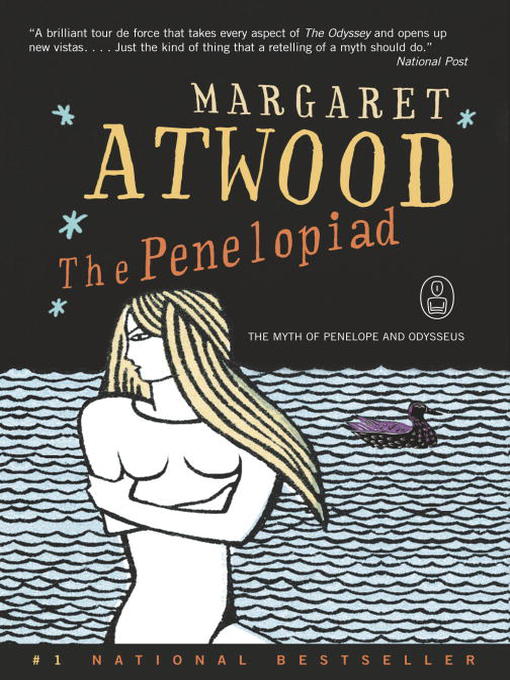- New eBook additions
- Available now
- Most popular
- Try something different
- Resources for Library Staff
- Just Added
- Library Science
- See all ebooks collections
- Always Available Audiobooks
- 2024 AudioFile Earphones Awards
- Available now
- New audiobook additions
- Most popular audiobooks
- Try something different
- Just Added
- See all audiobooks collections

